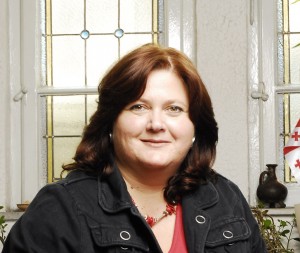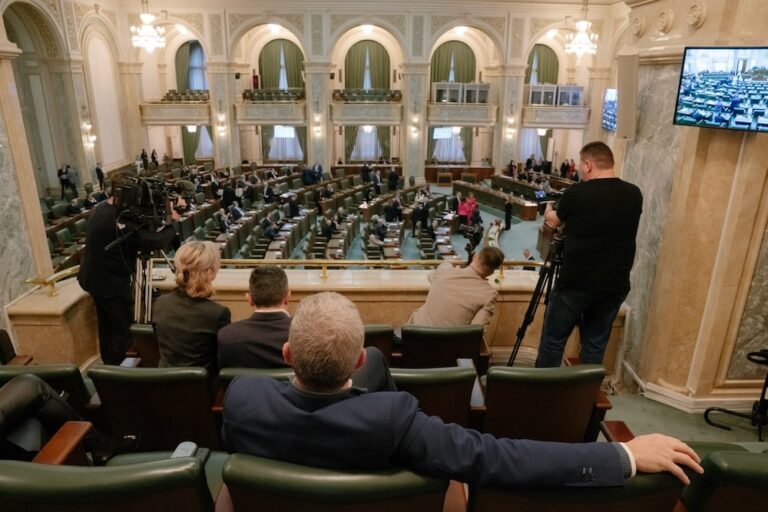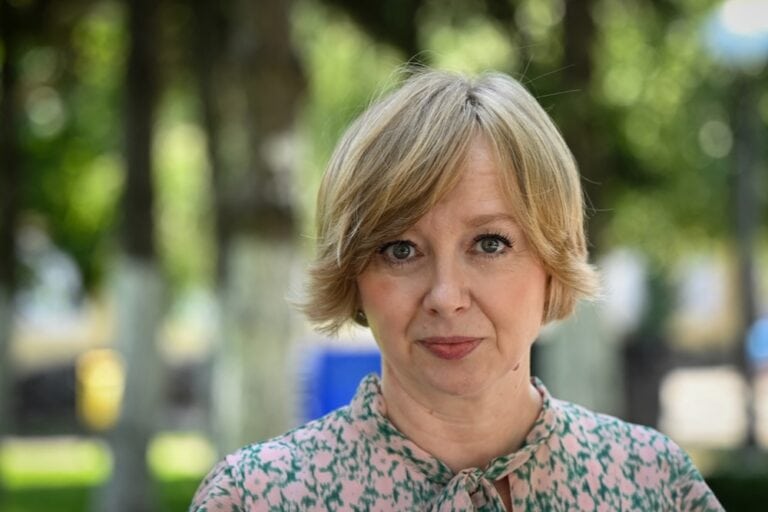The Center for Independent Journalism will dedicate its World Press Freedom Day actions to the Citizen Initiative for Media Pluralism, in a bid to empower both the media (weakened after years of political and economic pressures) and people.
On May 3rd we celebrate World Press Freedom Day and, year after year, we tried, here in Romania, to be creative and bring the celebration closer to the primary beneficiaries of this freedom: the general public.
This year I feel the need to ask myself and my colleague journalists: do people really care about press freedom? Do they cherish it? Does it matter for them as it matters for us? Here are some facts that pushed me to ask such questions.
We launched the Citizen Initiative for Media Pluralism and opened it for signatures a couple of months ago. We have collected some 700 – a long way to the needed 25,000. Well, nobody thought that people will flood to sign an online form they heard about on the radio, so we at the Center for Independent Journalism started to meet with them and talk, and explain. It turned out that people are reluctant.
First, they don’t understand why we need all that personal data (“It’s a scam or what?”). So we explained that it was not us, but the Romanian state that decided what kind of data it needed in order to identify a citizen and certify an electronic signature.
Then they feared about the protection of their data. Again, we explained that the data are collected on a server that is strictly controlled by the European Commission and that neither we, as initiators, nor anybody else has access to them. Well, the European Commission sounded like a serious partner, so no reason to worry.
Thirdly, people found our proposal too technical for them. When speaking about media pluralism we had to explain about markets, free and fair competition, monopolies and oligopolies, cross-ownership and all those complicated mechanisms that link money and content. Italians have Berlusconi and used him as an epitome of media concentration. Hungarians could use prime minister Viktor Orban’s image to illustrate the political control over media. In Romania, although we talk about media moguls all the time, we were not “blessed” with a singular figure to serve as a symbol. We have several, at both national and local levels. The public sphere is so highly politicised that the moment you mention one name, you can be quickly (and in some cases, sincerely) accused of belonging to “the others”. And in a society like ours, where emotions are used as arguments, we tried not to play on people’s individual likes and dislikes.
But what proved to be the most serious block to circumvent was people’s belief that nothing can be done. Journalism ethics is seen as a “seminar topic”. “Deontology” got to be used as a derogatory term. If you operate with principles, you are labeled as a dreamer (read naive). Things are as they are and nothing can be done to change them – we have heard this from professionals, from regular people, even from teenagers.
It is not the first time we have to fight at both ends of a situation – with the authorities, to grant a right and with the people, to demand it. This is how we imposed the access to information, back in 2000, the transparency of administration, in 2002, the accountability in granting state advertising contracts, in 2005-2006.
It is just disheartening to see that, twenty three years after the fall of communism, the people around here are still not convinced that they have the power and that they deserve better. They do not trust the good will of their states and the governance abilities of their authorities. They do not have expectations in terms of public consultations and they do not see themselves – yet – as fully-fledged European actors.
As a true Romanian, I say that the things are as they are, but as a press freedom advocate, I believe in the power of free minds and responsible people. And this is why this year we will dedicate our World Press Freedom Day actions to the Initiative for Media Pluralism, in a bid to empower both media (weakened after years of political and economic pressures) and people. For this, there’s no better time than “now”.
By Ioana Avadani, director, Center for Independent Journalism, Bucharest.



